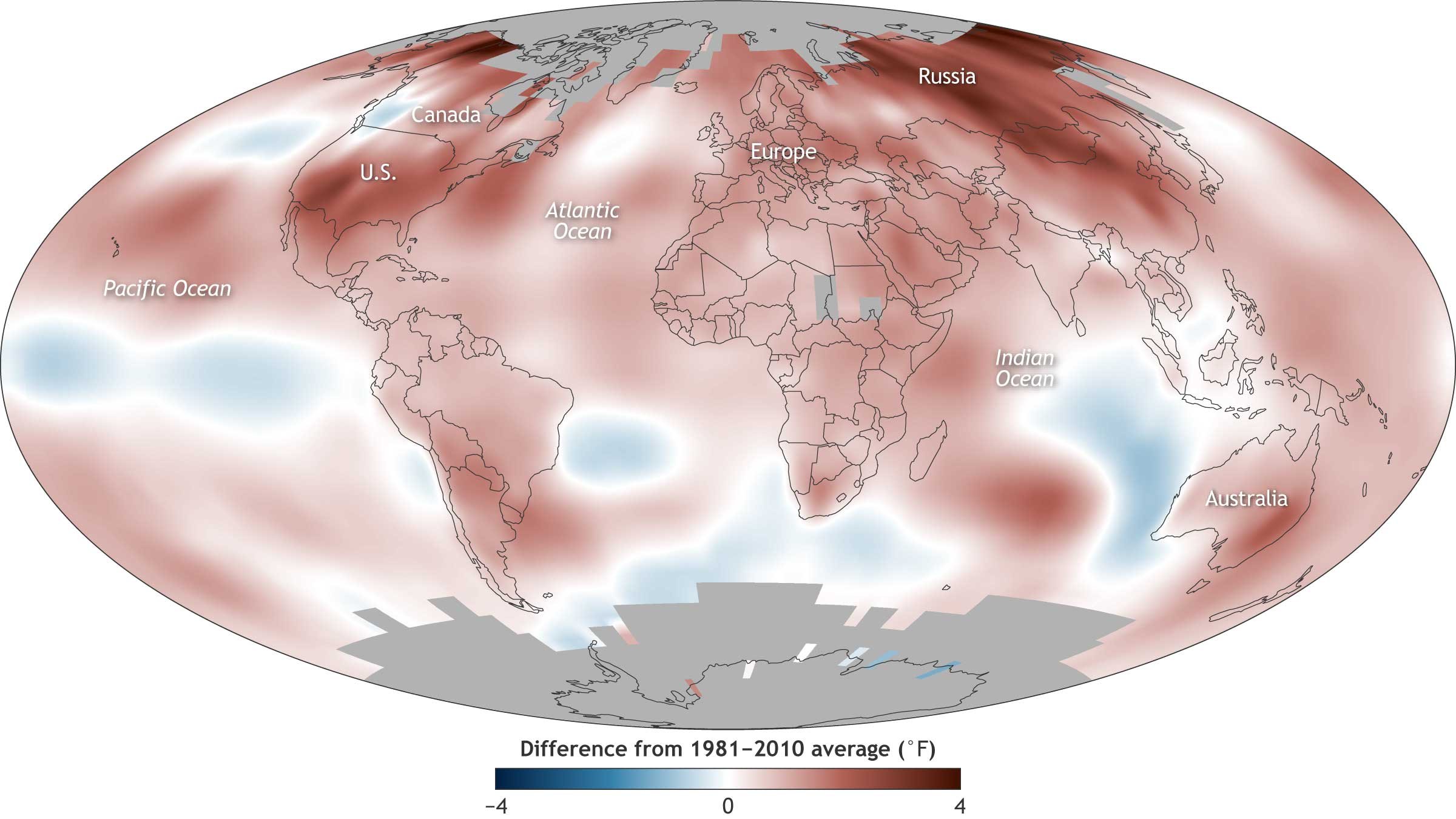
The fashion industry must set public emissions reduction targets and meet them before it’s too late.
We’re holding the industry to account by reporting on these targets while providing guidance on how to most effectively reduce emissions.
Will Paris Fashion Week meet the Paris Agreement?
70% of French fashion federation (FHCM) brands have no public emissions reduction targets.
British fashion is failing to act on the climate crisis.
Just 3.39% of British Fashion Council brands have any emissions reduction targets.
The window of time left to curb total climate catastrophe is quickly closing, not only implicating the future of the fashion industry but more importantly, the future of the planet and all life on it.
Without science based targets to reduce absolute emissions, the fashion industry is digging its own and our collective grave.
Brands must set science based emissions reduction targets, and fashion councils must support them further in doing so.
With 38% of fashion’s climate impact tied to raw material production, it is essential that work to reduce the use of the most climate impactful materials is prioritised as these targets are worked towards.
It’s clear that fossil fuel fibres are not climate friendly, as the IPCC calls for an urgent fossil fuel phase out.
However, the fashion industry is less willing to acknowledge a key contributor to its climate crisis: the use of animal-derived materials, particularly from ruminants. Leather, wool and cashmere have major methane footprints, and the IPCC states that we must slash methane emissions by one third, or face a cascade of catastrophic climate tipping points.
Collective Fashion Justice urges the fashion industry and its brands to quickly set science based emissions reduction targets, and to ensure they are met with an improved material sourcing strategy.
Animal-derived materials must be reduced and replaced through a just transition towards bio-based, plant and recycled materials rather than animal or fossil fuel-based materials. This must be a central tenet of climate strategies.
-
For more information about our research and our proposed actions to prevent climate catastrophe, read our reports:
Climate inaction by British Fashion Council brands.
Paris Fashion Week is not meeting the Paris Agreement. -
Collective Fashion Justice takes a collaborative approach to improving fashion, and offers brands consultation and support to improve their material sourcing, strategy, policies and practices.
We tailor our approach to ensure we can support brands and businesses of all sizes. -
Read our reports on leather and wool and how they impact the climate, our broader ecosystems and us all.
Read our material guides for other climate impactful materials, including cashmere and fossil fuel fibres.
-
Climate impacts are not all to consider in fashion. This industry impacts people, our fellow animals and the planet significantly.
Total ethics fashion works to ensure all life on Earth is prioritised ahead of profit.
You can endorse the total ethics fashion manifesto or donate towards our work if you like how we push for a better fashion future.
Press coverage
-

Report claims British fashion is failing to act on climate crisis
-

How sustainable will London Fashion Week designers actually be?
-

Collective Fashion Justice: ‘Less than 4 percent of BFC brands have climate targets’
-

‘Profit is being prioritised over climate action’ – British fashion is falling behind on sustainability





